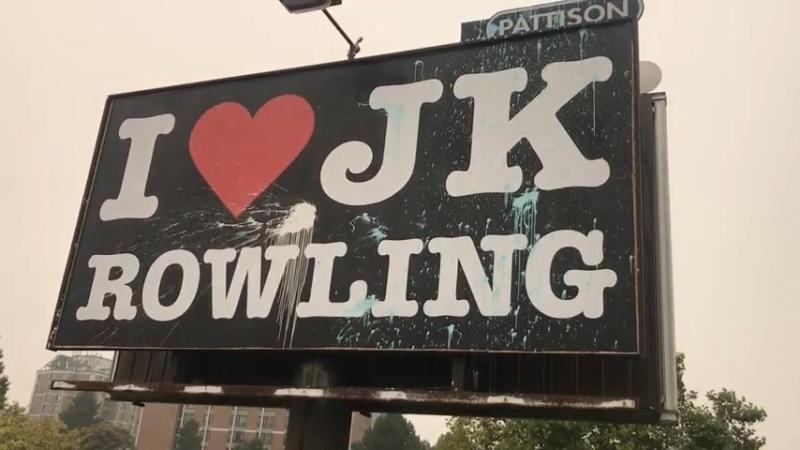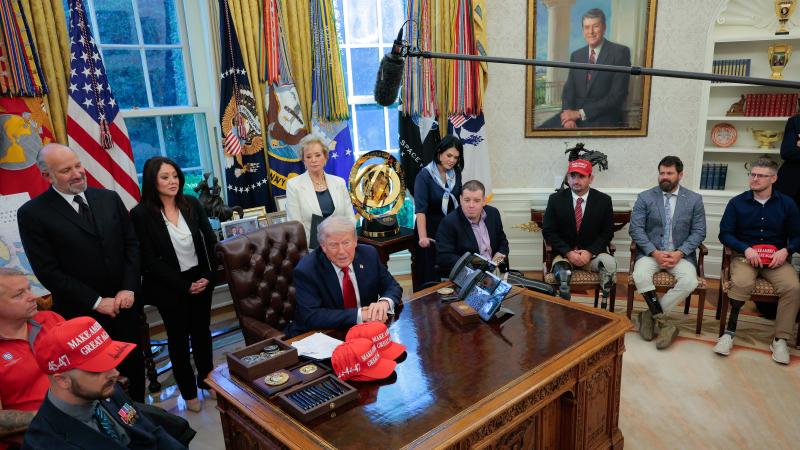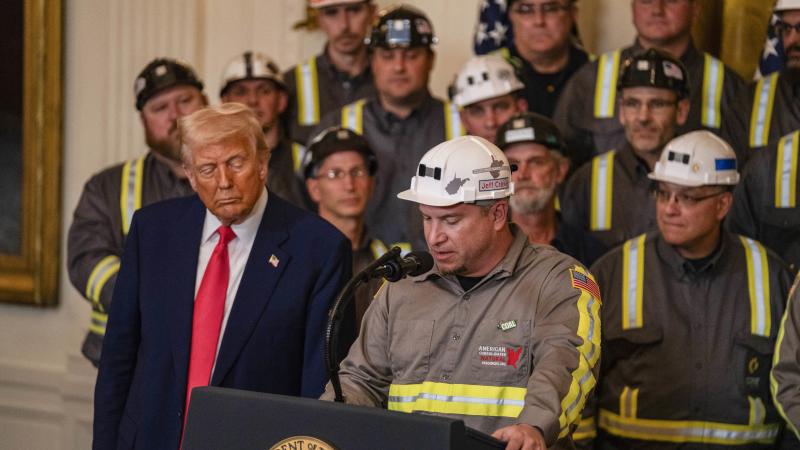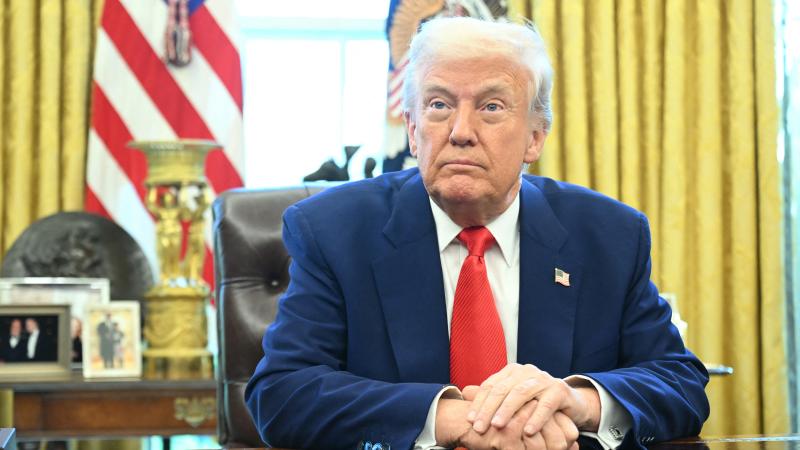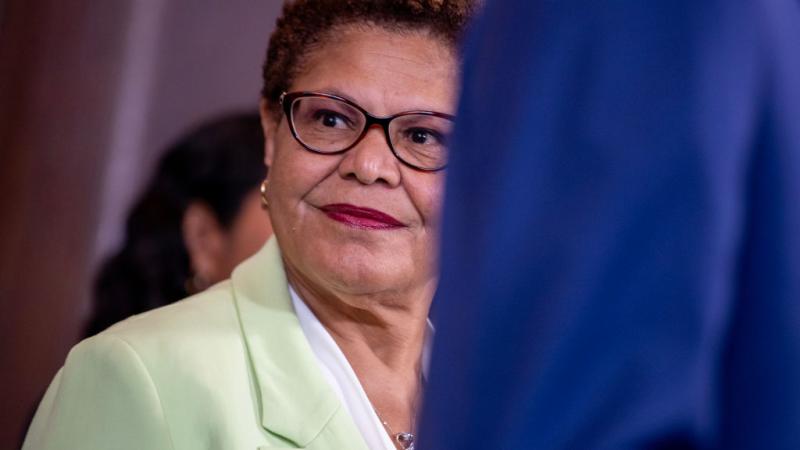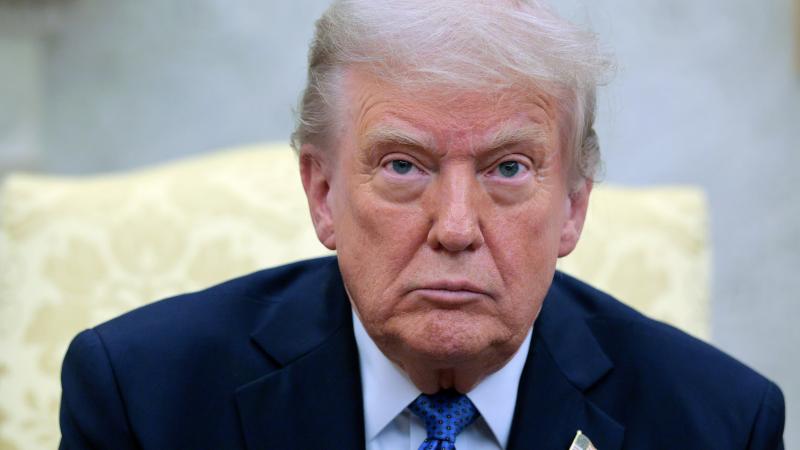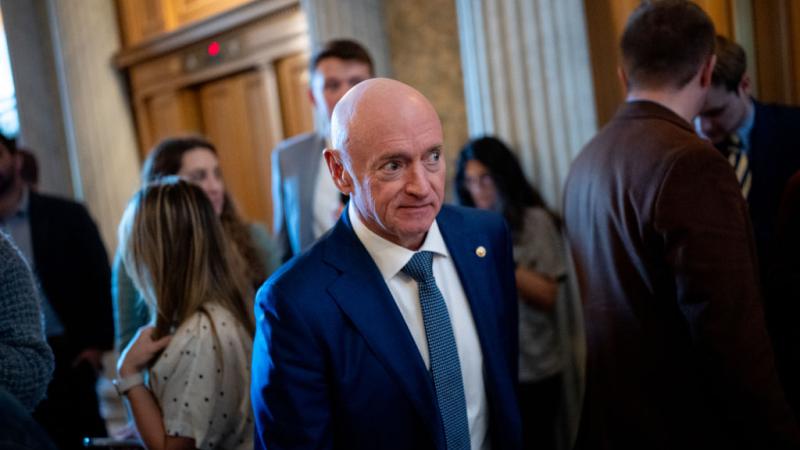DEI oaths in taxpayer-funded medical schools draw legal threats, bump against Trump orders
UConn allegedly stonewalling free speech group since admissions staffer said its "slightly modified and updated" Hippocratic Oath is mandatory. University of Minnesota claimed it was optional after legal threat.
Rhode Island College got a break a year ago when the Supreme Court declined to review whether its taxpayer-funded officials could be held personally liable for failing a social work student who refused to lobby for legislation he opposed, a vehicle for possibly overturning the SCOTUS-created doctrine of "qualified immunity."
Public universities are still testing the legal limits of what they can force students to say, even if it's not clear what they expect students to do, prompting confrontations with free-speech groups and likely the second Trump administration, which has wasted no time invoking executive power against all forms of diversity, equity and inclusion.
The Foundation for Individual Rights and Expression sent a legal warning letter Friday to the University of Connecticut School of Medicine for apparently requiring freshmen to recite what FIRE called an "ideologically-charged version of the Hippocratic Oath" at their "white coat ceremony" last summer, which kicks off their medical education. (Starting at 43:30, an official calls the oath "slightly modified and updated.")
UConn Med has been stonewalling FIRE since a staff member in the admissions office told FIRE in a Jan. 7 phone call the oath is mandatory, which would violate SCOTUS precedent dating to World War II, the letter says.
Neither UConn nor Dean Bruce Liang responded to Just the News queries about why it would seemingly order med students to pledge their support for a specific ideology, even if not enforceable, given the clarity of 1943's Barnett decision against compelled saluting of the American flag or recitation of the Pledge of Allegiance in public schools.
Officials could lose qualified immunity for violating "clearly established" First Amendment law by requiring students to recite an oath they oppose, or giving the impression it's not optional.
"FIRE calls on UConn to make clear that students may refrain from reciting all or part of the oath without any threat of penalty and will not have to affirm any political viewpoints as a condition of their education at the school," the group told Liang.
Like other universities, UConn is also resisting cooperation with Immigration and Customs Enforcement in the wake of President Trump's ordered nationwide roundups and removals of illegal immigrants.
President Radenka Maric and Provost Anne D’Alleva told the community Tuesday that the Department of Homeland Security had revoked its "sensitive locations" protocol that deprioritized immigration enforcement on college campuses and hospitals.
UConn's own sworn police, however, would not ask individuals about their immigration status, detain them "solely on the belief they are in the country illegally" or detain or make arrests "solely pursuant to an ICE detainer," without a judge's order, they said.
FIRE noted the University of Minnesota med school seemingly compelled affirmation of a modified Hippocratic Oath at its white coat ceremony in 2022, including a land acknowledgment and commitment to "uprooting the legacy and perpetuation of structural violence deeply embedded" in healthcare.
UMinn's oath blamed "white supremacy, colonialism, the gender binary, ableism, and all forms of oppression" for creating inequities and committed to "promoting a culture of anti-racism, listening … honor[ing] all indigenous ways of healing" and "collaborating with social, political, and additional systems to advance health equity."
The taxpayer-funded med school denied the oath was compelled or binding on students after FIRE issued a similar legal warning letter, calling the white coat ceremony "entirely ceremonial" and participation in the oath optional, with students simply "invited" to recite it and no consequences for their "progress in medical school" for non-participation.
It said the oath is written by a committee of first-year students to represent "the values of many of the members of that class … without pressure or repercussion" on dissenters.
Dean Jakub Tolar, university media relations and Senior Associate General Counsel Carrie Ryan Gallia, who responded to FIRE's letter to Tolar, did not respond to Just the News queries about what students then and going forward are actually told about participation in the oath.
Medical advocacy group Do No Harm, which fights purported wokeness in medical education, put the spotlight on UConn Med last fall by obtaining and publishing a print copy of the "DEI-ified" oath, which attributes it to Hippocrates but conspicuously lacks any mention of its most famous directive, to "do no harm."
Arguably contradicting the prior sentence binding future doctors to "mitigate my own biases" so as to treat all patients with "humility and dignity," the next sentence binds them to "strive to promote health equity," meaning the preferential treatment of certain groups to compensate for past discrimination, neglect or perceived marginalization.
"I will actively support policies that promote social justice and specifically work to dismantle policies that perpetuate inequities, exclusion, discrimination and racism," it continues.
The buzzwords in the oath "are often euphemisms for racially discriminatory policies that disadvantage certain racial groups in the name of diversity, equity, and inclusion," which "directly harm patients, physicians, and the public alike," while the oath is sparse on "the development of medical expertise and the practice of medicine" otherwise, Do No Harm said then.
Internal communications and reports obtained by Do No Harm show the process to revise the oath started in November 2020, "to more explicitly incorporate social justice and anti-racism commitments" as other med schools had done, with debate on the exact wording.
The proposal says "every future MD" would participate in the compelled "commitment to social justice and antiracism," starting with the white coat ceremony and then at commencement.
Faculty, alumni and other physicians would reaffirm their pledge at the same time using the same wording, which reflects the "active responsibility physicians have to change systems that perpetuate discrimination, racism, and inequities in health," it says. (Notably, the word "harm" does not appear in the 32 internal pages posted by Do No Harm.)
Feedback on the wording included concern the original draft was "not explicit" in the proposal's mandate to support "social justice and anti-racism." One doctor's suggested wording made it into the final version, then the triad "exclusion, discrimination and racism" was further added.
The internal documents suggest the Class of 2026 was the first required to read the revised oath, at the white coat ceremony in 2022.
"Public institutions have every right to use educational measures to try to address biases they believe stymie the healthcare system" but compelled affirmation of any "ideological construct … is First Amendment malpractice," FIRE said Wednesday.
"Just as UConn cannot force its medical students to express support for socialized medicine or vaccination mandates, it cannot compel them to pledge fealty to its preferred set of political principles," which have a history of becoming "de facto professionalism standards" in fields such as "medicine, dentistry, law, and mortuary science," FIRE said.
The letter to Dean Liang warns that the concepts are so vague, lacking "clear parameters for compliance," that they are prone to "uneven application by administrators seeking to enforce the oath with their own, preconceived definitions."
An administrator could define "equity," for example, as "advocating against any policy that does not abolish private health insurance, or even direct private payments to doctors," and students may "reasonably construe" the oath to stop them from supporting political candidates at odds with UConn's own views on health policies, the letter says.
"Students should not have to constantly ask themselves whether political advocacy or even a dinner table conversation with loved ones may violate a sacred oath they took to become a doctor," FIRE told Liang.
The Facts Inside Our Reporter's Notebook
Links
- Supreme Court declined to review
- personally liable for failing a social work student
- SCOTUS-created doctrine of "qualified immunity."
- second Trump administration, which has wasted no time
- executive power against all forms of diversity, equity and inclusion
- legal warning letter
- requiring freshmen to recite
- 1943's Barnett decision
- President Radenka Maric and Provost Anne DâAlleva
- seemingly compelled affirmation of a modified Hippocratic Oath
- UMinn's oath blamed "white supremacy, colonialism, the gender binary
- denied the oath was compelled or binding
- FIRE issued a similar legal warning letter
- spotlight on UConn Med last fall
- print copy of the "DEI-ified" oath
- Internal communications and reports
- process to revise the oath started in November 2020
- FIRE said Wednesday.
- medicine
- dentistry
- law
- mortuary science


